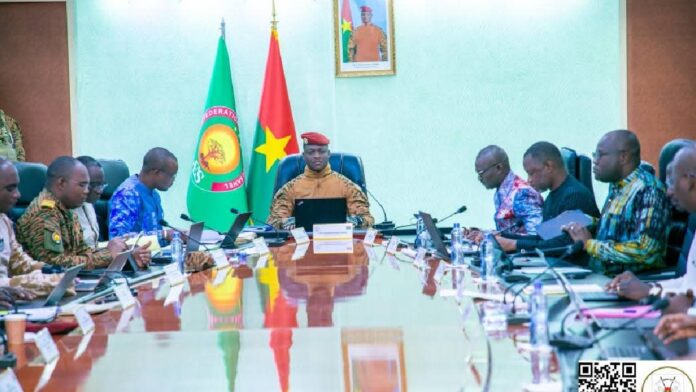
Ghana and Burkina Faso are intensifying efforts to deepen their energy partnership, with Accra positioning itself as a key supplier of petroleum products to its landlocked neighbor. This growing collaboration reflects both countries’ commitment to securing a stable and sustainable energy supply in the region.
Ghana, benefiting from a burgeoning oil industry and robust port infrastructure, has made clear its ambition to become a primary hub for distributing fuel—including diesel and gasoline—to Burkina Faso and other neighboring nations. For Burkina Faso, which relies heavily on imports for its energy needs, this partnership presents a crucial opportunity to bolster its fuel security.
Recent months have seen renewed dialogue and cooperation between the two governments aimed at streamlining energy trade. Burkina Faso is actively working to enhance transport corridors that facilitate the transit of petroleum products from Ghana’s ports to its interior. “We are improving transport routes to ensure smoother, more reliable deliveries,” officials in Ouagadougou have confirmed.
Beyond fuel, discussions are underway to broaden cooperation into the electricity sector, potentially paving the way for expanded power trade and grid interconnections. These initiatives underscore a shared vision to reinforce regional energy integration and reduce vulnerability to supply disruptions.
This strengthening partnership between Ghana and Burkina Faso comes at a critical moment as West African countries seek greater energy autonomy and economic resilience. By leveraging Ghana’s growing oil production and infrastructure capabilities, Burkina Faso hopes to meet its energy demands more effectively and stimulate economic growth.
As both nations pursue closer ties, their cooperation could serve as a model for regional energy collaboration—offering a blueprint for how landlocked and coastal countries can work together to build more secure and interconnected energy systems.



